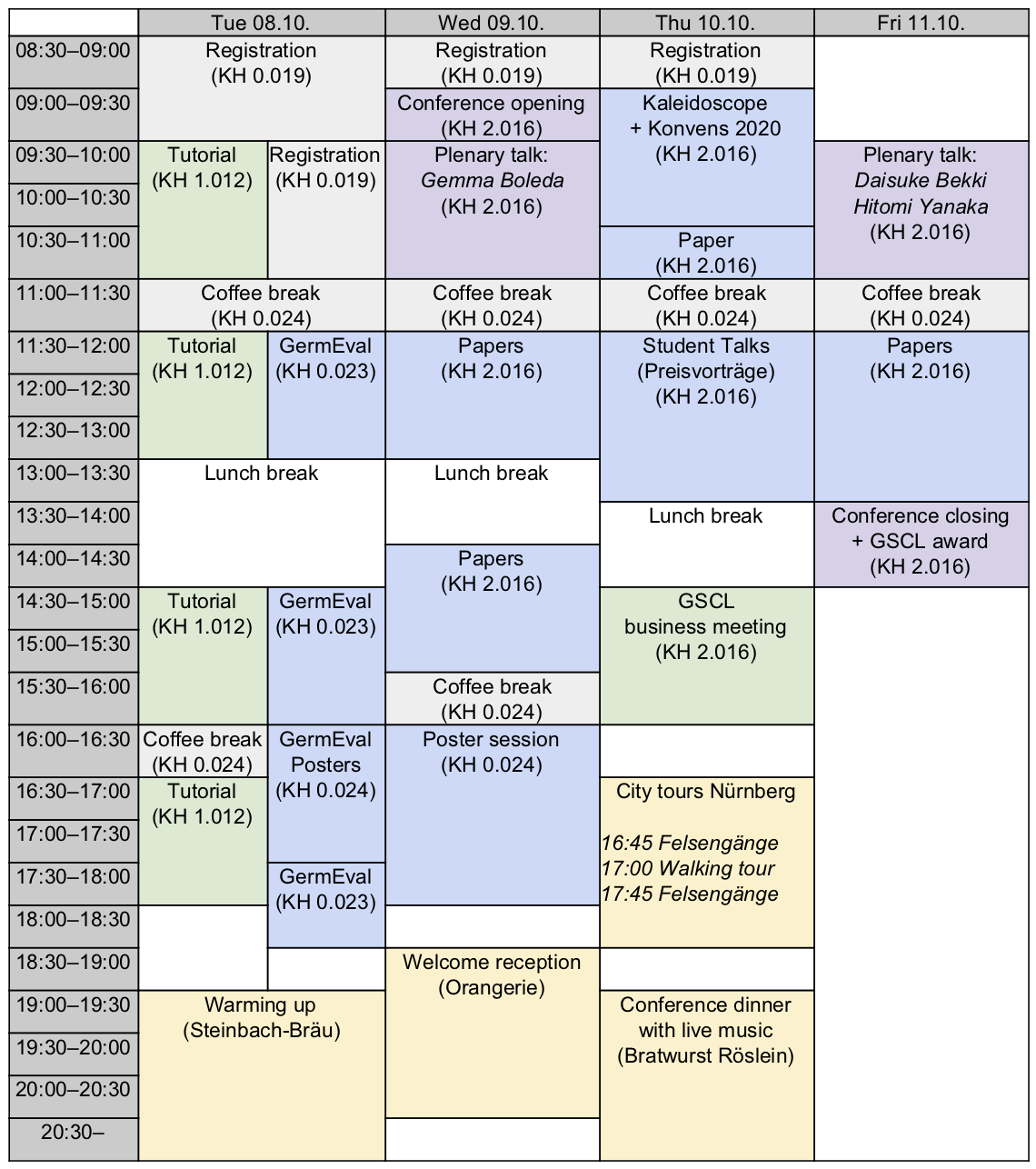Plenary Talk 1
Computational linguistics and linguistic theory
Computational Linguistics has recently made enormous progress in modeling natural languages. It looks like we are getting something right about language, and this merits close inspection and analysis: we should understand what it is that we are getting right, and incorporate it into current linguistic theories. However, sadly, the impact of our methods and results in theoretical linguistics is to date quite limited. I will discuss ways in which we can interface with linguistics, exemplify it with my own work and that of others, and discuss challenges and ways forward.
About the speaker
Gemma Boleda works as a tenure-track researcher at Universitat Pompeu Fabra (Barcelona, Spain). After earning a PhD at U. Pompeu Fabra, she moved on to post-doctoral positions including The University of Texas at Austin (USA) and University of Trento (Italy). She has served as Area Chair for ACL 2016, as co-editor of a Special Issue on Formal Distributional Semantics of the Computational Linguistics journal, and as a member of the standing review committee of TACL since 2017, a.o. In her research, Dr. Boleda uses quantitative and computational methods to better understand the semantics of natural language. In her current ERC Starting Grant, she and her team investigate the interplay between conceptual and referential aspects of meaning.
Plenary Talk 2
Hybrid natural language understanding: neural network, logic and beyond
About the speakers
Daisuke Bekki is a formal semanticist who advocated a new framework for a theory of meaning, called dependent type semantics (DTS). DTS is one of the proof-theoretic frameworks that have attracted attention in recent years as an alternative to model-theoretic semantics. Bekki is also known as a formal syntactician by research on Japanese syntax employing combinatory categorial grammar (CCG). In the past five years, he has led a NLP research project in which a neural wide-coverage CCG parser, Montagovian higher-order logical semantics, and proof automation techniques are integrated into the RTE system ccg2lambda.
Hitomi Yanaka is a research scientist at RIKEN Center for Advanced Intelligence Project (AIP). She works on natural language inference a.k.a. recognizing textual entailment, and integration of logic-based approaches and vector-based approaches.
